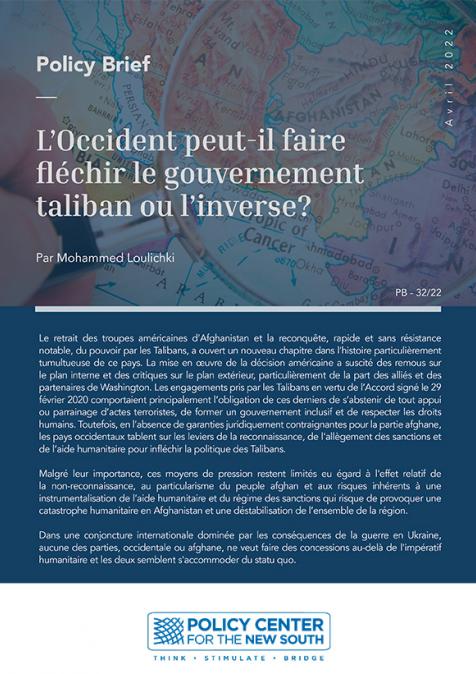The webinar will be part of a series to discuss the findings of the Global Terrorism Index 2020 and take a look at recent trends in the Sahel region. The Global Terrorism Index (GTI) is an annual report produced by the Institute for Economics & Peace (IEP). Now on its 8th edition, the report provides a comprehensive summary of the key global trends and patterns in terrorism. It analyses a number of vital aspects of terrorism such as the socio-economic conditions under which it occurs, how terrorism changes over time, the geopolitical drivers and ideological aims of terrorist groups and the strategies used by terrorists.
Speakers


Serge Stroobants
Director Europe and the MENA region, Institute for Economics and Peace (IEP)
Serge Stroobants is the Director of Operations for Europe and the MENA region at the Institute for Economics and Peace. He is a former Colonel in the Belgian Armed Forces with an academic specialization in political sciences, international relations, security and defense, global risk analysis, foresight and crisis management. He holds degrees from the Belgian Royal Military Academy, the Free University of Brussels, Université Jean Moulin Lyon III (France), the German General Staff College and Vesalius College. He is an Assistant-Professor at Vesalius College in Brussels, teaching courses on NATO and the Transatlantic approaches to security and on Global terrorism and radicalization. He is considered to be a senior academic specialist on global terrorism and radicalization in B ...

Pierre Englebert
H. Russell Smith Professor of International Relations, Pomona College; Senior Fellow, Africa Center, Atlantic Council
...

El Mostafa Rezrazi
Senior Fellow
Dr El Mostafa Rezrazi is a professor of Crisis Management, and Security Studies and a Senior Fellow at the Policy Center for the New South who focuses on Terrorism, Security and East Asia studies. His area of Expertise covers Afro-Asian Affairs, Strategic & Security Studies, Terrorism, Extremism and Deradicalization, mainly from the view of Criminal; Legal and Forensic Psychology.
He got his Ph.D. in Regional & International Affairs from the University of Tokyo in 1998, and later a Doctorate from the University of Mohammed V on the Psychological dynamisms of Suicide Bombers (2014). He is the executive director of the Moroccan Observatory on Extremism and Violence, Director of the African Center for Asian Studies, Rabat. Currently, he is Visiting Professor at the Univ ...










